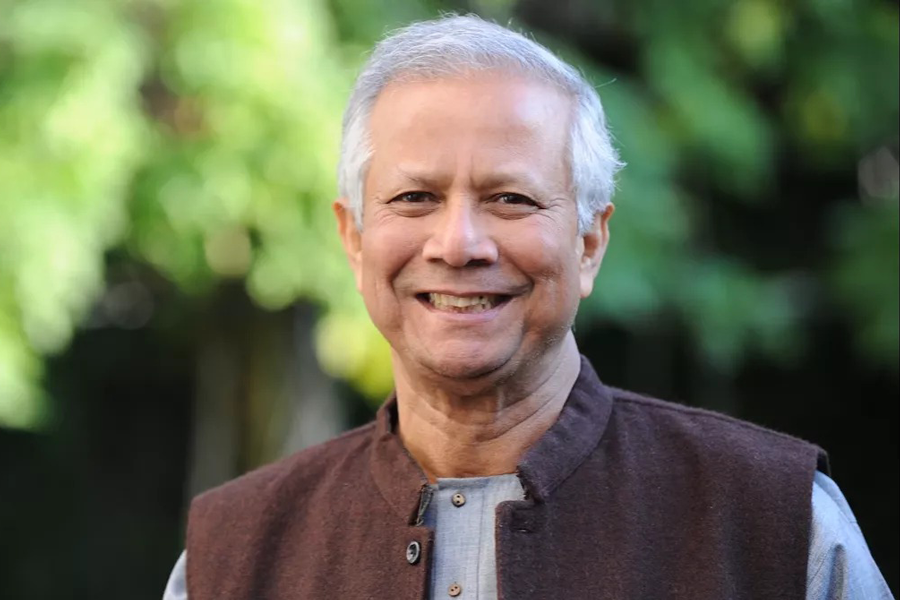Bangladesh on course for ‘meaningful transition, Yunus tells world leaders

Published :
Updated :

Chief Adviser Muhammad Yunus has informed world leaders that Bangladesh is undergoing a profound political transition as it prepares for elections in February, vowing that ongoing reforms will prevent a return to authoritarian rule, said a spokesman of the CA Office on Thursday.
In a string of meetings on the sidelines of the UN General Assembly in New York on Wednesday, Yunus said the interim government had adopted sweeping recommendations from 11 national commissions and was guiding parties towards signing a “July Charter” of constitutional and political reform.
“These reforms are aimed at preventing the rise of another autocrat in Bangladesh,” he said, stressing that for the first time in 15 years, citizens were expecting to cast their ballots in “a free and festive atmosphere”.
Yunus met Pakistan Prime Minister Shehbaz Sharif to discuss trade, investment and cooperation in a region where Saarc has remained largely moribund.
Sharif, whose country has just witnessed devastating floods that killed more than 1,000 people, blamed the climate crisis for intensifying disasters.
Yunus offered condolences and expressed readiness to deepen cooperation, while Sharif invited him to Islamabad before his government’s term ends.
During talks between Yunus and Italy Prime Minister Giorgia Meloni, the Italian premier proposed an Italy-Bangladesh business forum to encourage investment.
Migration dominated the discussion, with Meloni urging safer pathways and stronger action against traffickers.
Yunus responded that his government had adopted a zero-tolerance policy on human smuggling.
Both leaders raised the Rohingya refugee crisis, with Meloni pledging to dispatch a delegation to next week’s UN conference.
The Italian prime minister praised Yunus’s leadership and promised EU support to ensure Bangladesh’s election is credible.
In his meeting with Yunus, Finnish president Alexander Stubb pressed him on Bangladesh’s foreign policy direction, the Russia-Ukraine war and the need to reform the UN.
Yunus said Bangladesh was seeking ASEAN membership to act as a bridge between south and south-east Asia.
He also insisted that the trials of former Prime Minister Sheikh Hasina and her allies were being conducted under international standards.
“Despite facing trial, she continues to make incendiary and destabilising remarks,” Yunus said.
While meeting Yunus, Kosovo President Vjosa Osmani thanked Bangladesh for recognising her country early and called for new agreements in trade and textiles, as well as formal labour recruitment channels.
She highlighted Kosovo’s economic growth and the contribution of Bangladeshi workers. Yunus welcomed the proposals and extended an invitation for Osmani to visit Dhaka.
Across his meetings, Yunus repeatedly underlined his government’s mission: to stabilise a country that has been without a fair election for more than one decade and a half decade.
“Our people have been deprived of a free and fair election for the past 15 years. Now they are eagerly looking forward to February,” he said.
mirmostafiz@yahoo.com


 For all latest news, follow The Financial Express Google News channel.
For all latest news, follow The Financial Express Google News channel.